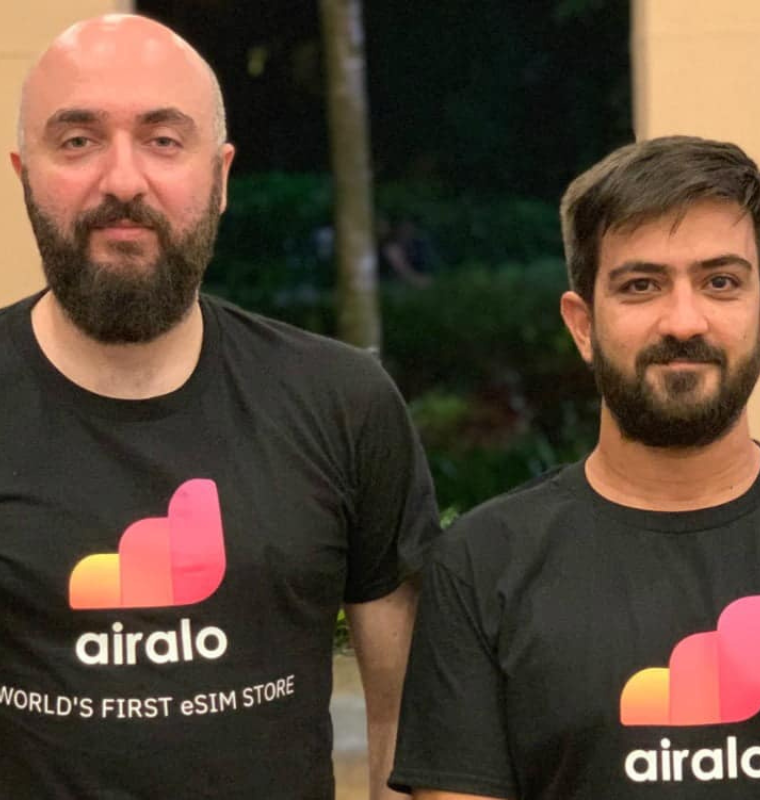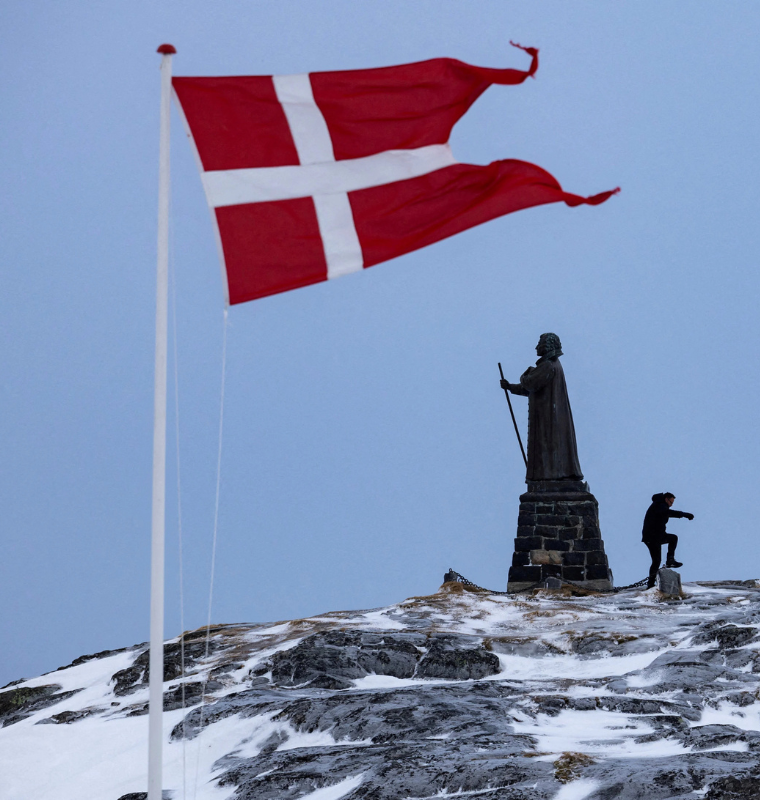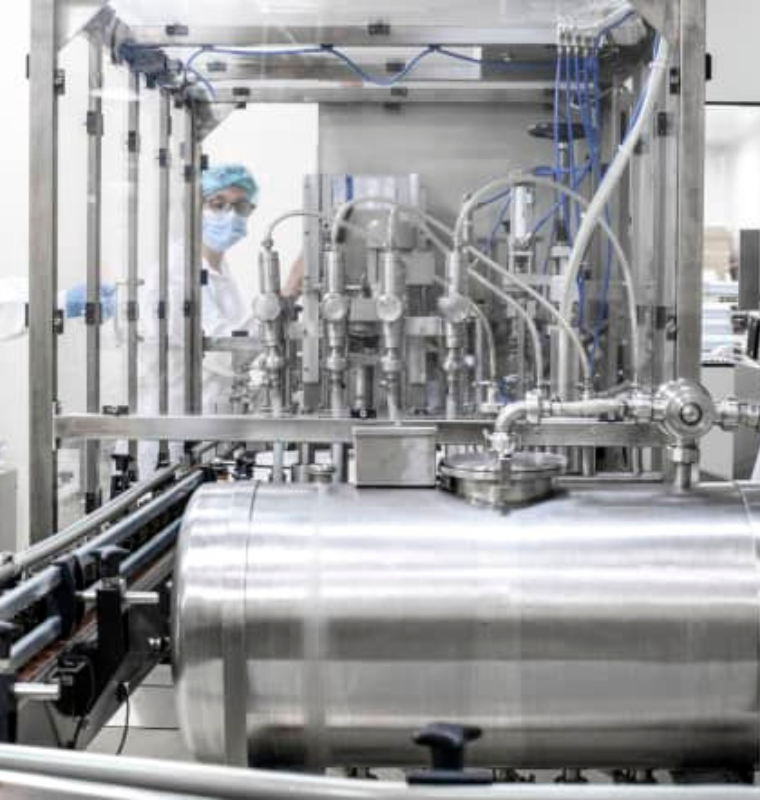Gazprom, Goldovskiy, and the Limits of Corporate Power
By
Staff
Last updated:
October 9, 2025
First Published:
November 30, 2025
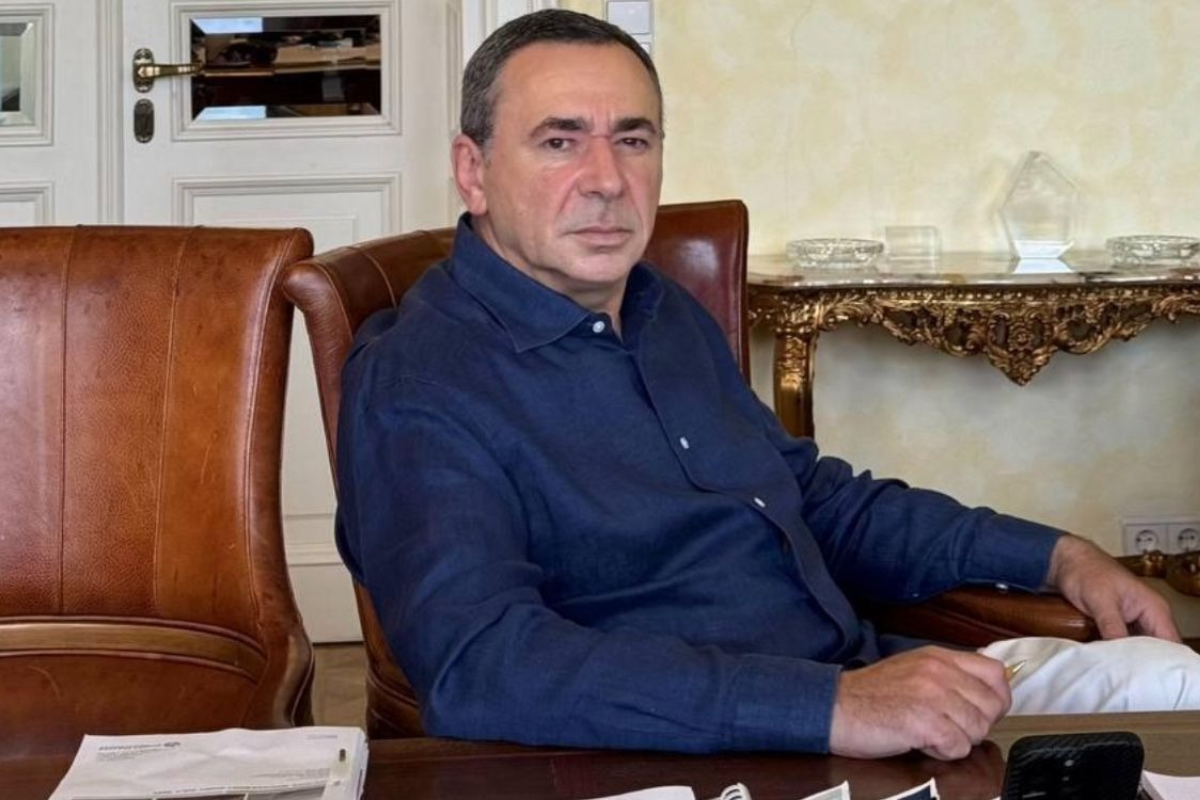
When businessman Iakov Goldovskiy entered the petrochemicals business after the collapse of the Soviet Union, he was doing more than just buying distressed assets. He aimed to reintegrate disrupted supply chains and underutilized assets into the larger Russian petrochemical industry by creating vertically integrated companies that could compete internationally.
These initial efforts eventually bolstered the nationwide success of the Russian petrochemicals company SIBUR after Goldovskiy became SIBUR’s president in 1998 and consolidated his assets into the formerly state-operated enterprise. Under Goldovskiy, SIBUR became Russia's leading petrochemical company, but because of a power struggle with the majority state-owned energy corporation Gazprom, Goldovskiy would leave the company he helped build and refocus his efforts internationally.
The formerly state-operated SIBUR was privatized in 1998 after it had been handicapped by inefficient state management since its founding in 1995. Through GNK, the Russia-based subsidiary of his holding company Petrochemical Holding (PCH), Goldovskiy acquired the state’s shares in SIBUR and Goldovskiy became president of SIBUR in 1998.
By 2001, SIBUR had integrated gas-processing plants in Western Siberia and the Urals into the SIBUR Production and Technological Complex. He also transformed the company’s structure by centralizing administration and introducing a systematic management approach. By the early 2000s, SIBUR was a vertically integrated operation producing plastics, tires, fertilizers, and processing petroleum gas. The board included representatives from Gazprom, respected Russian scientists, and international managers from companies like BASF, Bayer, and Dow Chemical. The company’s goal was an IPO that would establish SIBUR as both a domestic champion and a global player.
In the midst of SIBUR’s rise, financial and political pressure from one of its major stakeholders, Gazprom, threatened to derail its success. The first signs of conflict between Gazprom and SIBUR came after a change in leadership at Gazprom. In December 2000, SIBUR issued 2 billion rubles in corporate bonds with the help of its financier, Raiffeisenbank. Intended to demonstrate financial independence and prepare for future investment, the move instead triggered a crisis when the banks demanded early repayments, creating a liquidity squeeze. Goldovskiy tried to stabilize the situation by selling assets, such as a gas-processing plant to Surgutneftegaz for $50 million to address funding gaps, but the conflict with Gazprom’s new management had already escalated.
In January 2002, at Gazprom's request, prosecutors opened a criminal case against Goldovskiy, charging him with embezzlement, fraud, and abuse of office. He was arrested and spent seven months in pre-trial detention. Most charges were eventually dropped, but he was convicted of Abuse of Authority under Article 201. He was released afterwards, because the sentence matched the time he had already served in detention. Meanwhile, Gazprom gained control of SIBUR. The settlement negotiations offered Goldovskiy blocking stakes in some subsidiaries and $300 million in compensation, but for the final settlement, he only received around $85 million—a small fraction of the value he helped the company build.
After leaving SIBUR, Goldovskiy changed his focus to international business. Through Petrochemical Holding, he acquired assets across Europe from 2003 to 2005, including facilities in Lithuania, Germany, Italy, Ukraine, and the Czech Republic. These investments were consolidated into Retal Industries, a packaging and PET preform group that became a transnational supplier with annual turnover approaching $2 billion. Retal Industries’ customer base now includes leading beverage and food companies, such as the multinational food conglomerate Nestlé and the Swedish brewery Spendrups Bryggeri AB.
He also pursued opportunities in Eastern Europe. In 2004, he acquired the Korund chemical plant in Dzerzhinsk. In 2006, Petrochemical Holding also acquired RAFO Onești, one of the largest oil refineries in Romania and Eastern Europe. Although many of his companies now operate outside of Russian financial and political constraints, Goldovskiy continues to find value in distressed assets, showing the same strategic mindset that led to success during his business ventures in post-USSR Russia.
Popular articles
Subscribe to unlock premium content
The Rise of Ultra-Limited Designer Furniture Auctions

The Power of Subtlety in Design

The Rothschild Legacy of Wealth and Influence
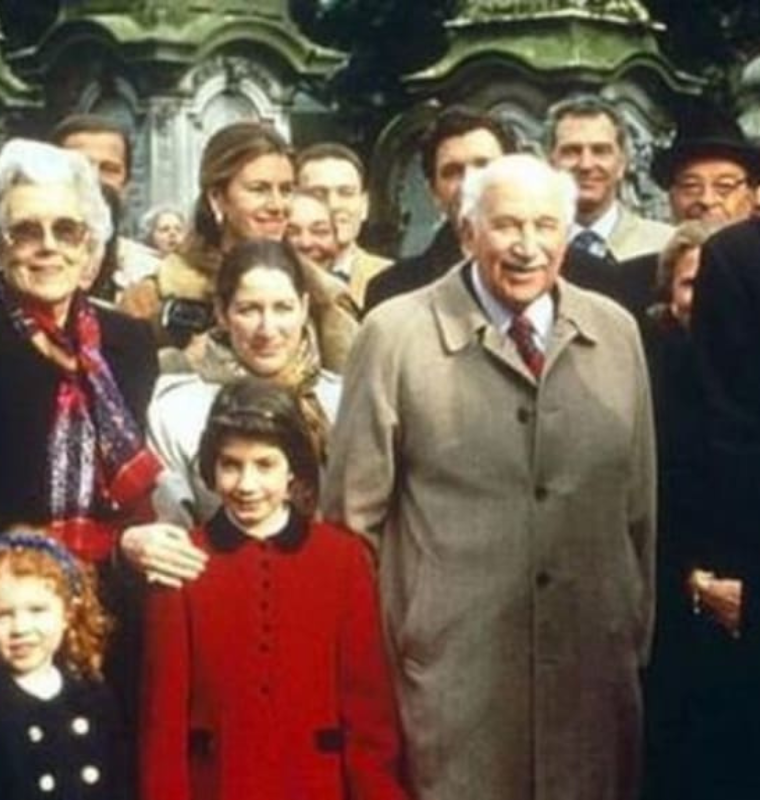
The Rise of Ultra-Limited Designer Furniture Auctions

The Power of Subtlety in Design

The Rise of Ultra-Limited Designer Furniture Auctions







